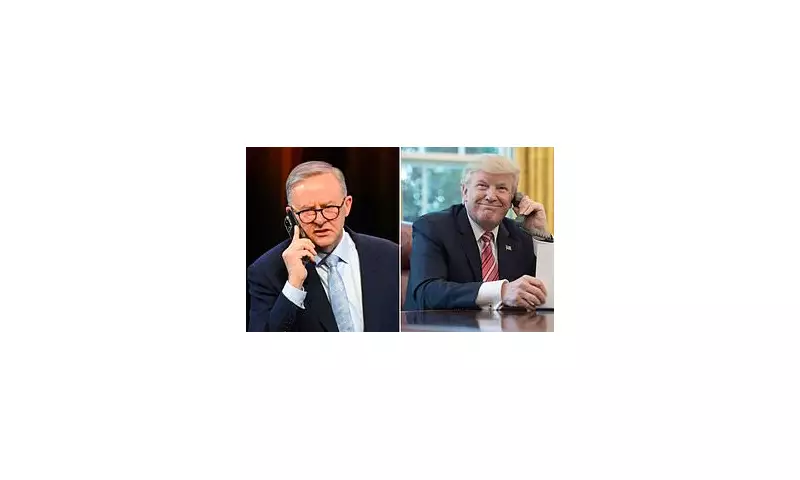
In a stunning revelation that has sent shockwaves through diplomatic circles, Australian Prime Minister Anthony Albanese has disclosed he possesses direct access to former US President Donald Trump's personal mobile number.
The Unprecedented Exchange
The extraordinary disclosure emerged during what was described as a "wide-ranging" discussion between the two political figures. According to sources familiar with the matter, the exchange occurred during a diplomatic engagement where contact information was privately shared between the leaders.
This development represents a significant breach of conventional diplomatic protocols, where communications typically flow through official channels and embassy intermediaries. The possession of a world leader's personal contact details by a foreign counterpart is virtually unheard of in modern international relations.
Political Reactions and Implications
Political analysts have expressed surprise at the revelation, noting the potential implications for diplomatic norms and security protocols. "This type of direct access bypasses traditional diplomatic safeguards and established communication channels," noted one Westminster insider who requested anonymity.
The situation becomes particularly sensitive given Trump's potential return to political prominence. With current polling suggesting a competitive race for the White House, Albanese's direct line to the former president could prove either strategically valuable or politically problematic depending on future developments.
Security Concerns Raised
Security experts have raised questions about the wisdom of such informal communication channels between world leaders. "While personal rapport between leaders is valuable, completely bypassing official channels creates significant record-keeping and security vulnerabilities," explained a former intelligence official.
The revelation comes at a delicate time in Australia-US relations, with both nations navigating complex geopolitical challenges in the Indo-Pacific region. The maintenance of strong bilateral ties remains crucial for regional stability, making transparent and secure communication channels more important than ever.
As political observers digest this unprecedented development, questions remain about how frequently this direct line has been used and what topics have been discussed outside official diplomatic records.





